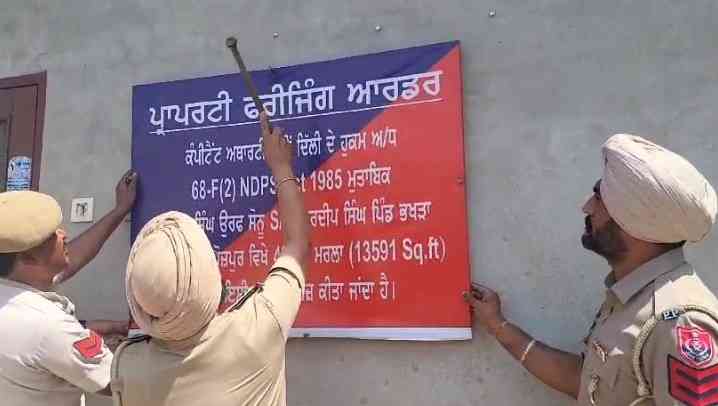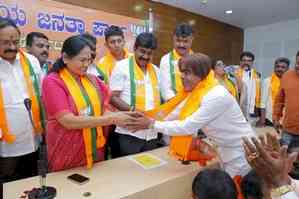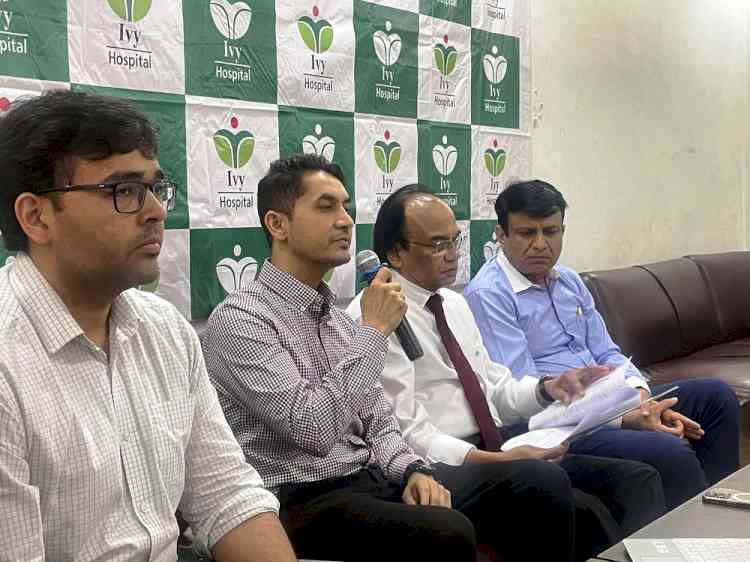Rediscovering Bengali recipes of an earlier era (Foodie Trail)
Kolkata, July 9 (IANS) It's surprising how vignettes of history often turn up on a foodie's trail. And, when it leads to some innovative Bengali dishes concocted by Basanti Devi, wife of Indian freedom fighter C. R. Das, you know the discovery...

Kolkata, July 9 (IANS) It's surprising how vignettes of history often turn up on a foodie's trail. And, when it leads to some innovative Bengali dishes concocted by Basanti Devi, wife of Indian freedom fighter C. R. Das, you know the discovery is priceless and the recipes are worth trying out for the sheer pleasure of experiencing vintage Raj-era Bengal that oddly enough blends well even 67 years after Independence.
Basanti Devi (1879-1974) is perhaps the first Indian woman to court arrest for selling khadi during the non-cooperation movement in 1921. Inspired by her husband, she joined the freedom struggle and took active part in the Khilafat Movement and the Civil Disobedience Movement.
She was renowned for her culinary skills. It is said her kitchen in the Das' ancestral residence at Kolkata's Russa Road was never out of service and besides hosting freedom fighters, at times batches of up to 20 students who had come over to the city from Dhaka, then East Bengal and now Bangladesh, used to dine.
"She was a magnificent cook and her recipes used to be unusual and unconventional though Bengali in essence...all the unusual recipes that I learnt are from her," Babli Mukerji, Basanti Devi's granddaughter-in-law, told IANS at the Oxford Bookstore here.
The 75-year-old Mukerji has authored "101 Bengali recipes: Traditional Fare for The Modern Cook" which include cherished recipes handed down to her by her grandmother and mother and the ones that she came across at her in-laws.
Leafing through, one spots a range of twists and spins to popular Bengali dishes that make rustling them up a little less intimidating for the uninitiated. Add to that the fact there are microwavable versions of cult recipes.
For example, she suggests Basanti Devi's intriguing twist to the Alu Posto (potatoes and poppy seeds) that adds a bit of crisp to the usually soggy dish. Alu Posto is a staple for Bengalis, usually had with hot and fresh-off-the-wok loochis (fried wheat bread) or miniature fried flat-bread.
"Alu Posto is a soggy preparation in most Bengali homes. But it can be cooked in a manner by which you get a crispy brown texture ... you fry the posto and alu separately and then you mix the two ... this I learnt from my grandmother-in-law," Mukerji explained.
Another find from the C.R. Das' family kitchen is Khagina. A mixture of mashed aubergines (baingan) and coarsely chopped eggs with powdered spices that can be served with rice and chapati or on toast for a kick-starter breakfast.
For a wholesome main course, sample Bahu Khuda (traditional mustard-flavoured rice with onions and green chillies) and Prawn Cutlet Curry (golden fried prawn in coconut gravy) handed down by the legendary cook.
As for dishing out mainstays like Ilish (Hilsa fish) dishes in a hassle-free and relatively swift manner, kitchen freshers can take heart. Mukerji has some handy tips for the tech-savvy generation.
From the Aachari Ilish (Hilsa in pickle oil microwaved) and Adhunik Ilish Sorshe (microwaved hilsa in tamarind sauce), microwave cooking will simplify the process, said Mukerji.
And for those who do not fancy the strong, pungent mustard aroma and flavour, ingredients like tamarind and yoghurt will not only tackle the issue but add a new dimension as well.
This goes for desserts like Aam Rosh Aar Doi (mango-yoghurt cups) as well.
"They can be prepared with the minimum of fuss and maximum of flavour ... I can guarantee the flavours will be authentic. I have simplified some recipes targeting the young generation, who are in a hurry and crave wholesome food," Mukerji added.
(Sahana Ghosh can be contacted at [email protected])

 cityairnews
cityairnews 















